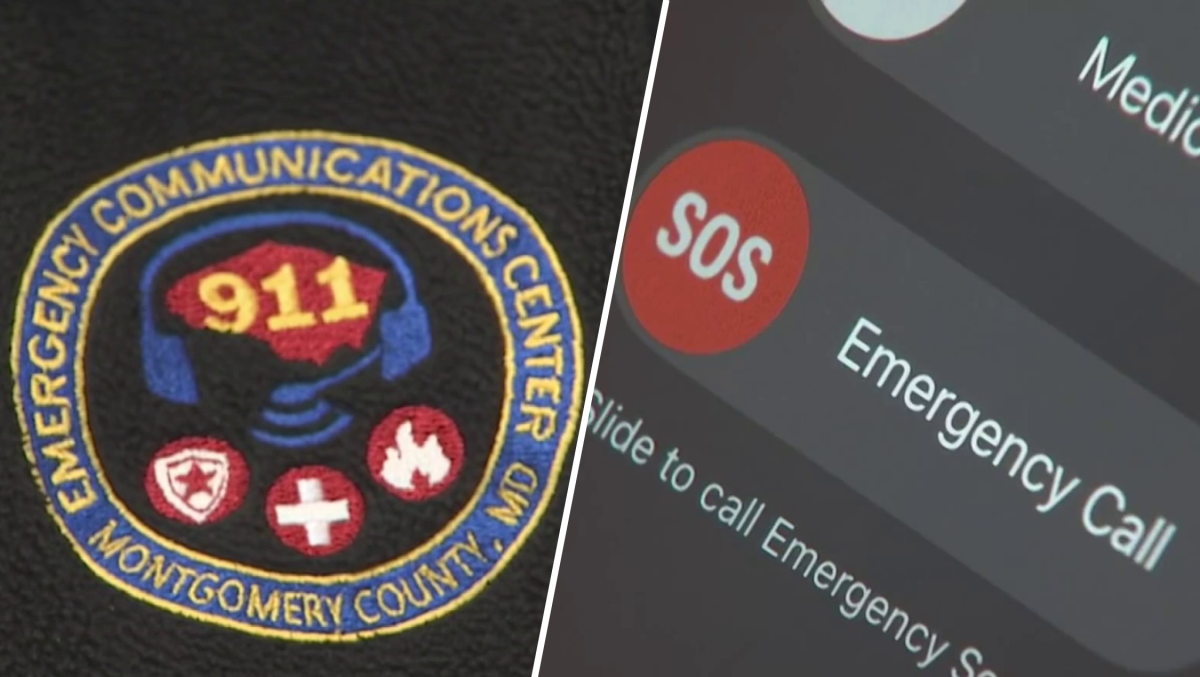If you’re planning to use Interstate 95 in Philadelphia, think ahead.
A portion of Interstate 95 may be closed for an extended time after a tanker truck fire early Sunday caused a portion of the highway to collapse. One person was found dead in the rubble, officials said Monday afternoon.
”We’re looking at many months, but who knows for sure. So, plan for this portion of the roadway to be closed in both directions,” said Jana Tidwell with AAA.
She encouraged travelers to take Amtrak or any mode of transportation that will avoid the area.
We're making it easier for you to find stories that matter with our new newsletter — The 4Front. Sign up here and get news that is important for you to your inbox.
More than 150,000 vehicles per day use this stretch of I-95.
What are some alternatives to I-95 in Philadelphia?
The fire and collapse occurred near Cottman Avenue, in Northeast Philadelphia. Before you would reach that spot when headed north, there are a number of options to get you to New Jersey and toward New York City or New England.
Local
Washington, D.C., Maryland and Virginia local news, events and information
The Delaware Memorial Bridge, Commodore Barry Bridge, Walt Whitman Bridge and Ben Franklin Bridge all are options.
Maryland transportation officials said they are monitoring the situation and will keep sharing messages about the progress of repairs on digital signs along I-95.
Our friends at NBC Philadelphia have some travel suggestions too.
What do we know about the mechanics of the collapse?
There are federal rules on how often these types of trucks must be inspected and even where they are supposed to park and for how long. A truck carrying the type of fuel the truck was carrying is not supposed to stay parked, in most cases, for a long time. The heat that kind of truck fire would generate is almost hard to imagine.
”Steel loses approximately half of its strength when it gets to a temperature of 600 degrees Celsius, and this is the type of temperature in the steel members that can be expected if there is a tanker truck fire directly underneath the structure,” said Thomas Gernay, an assistant professor with the civil engineering department at John Hopkins University.
The emergency could prompt a discussion about better protecting high-volume bridges and overpasses — though what happened has been called a perfect storm of events.



